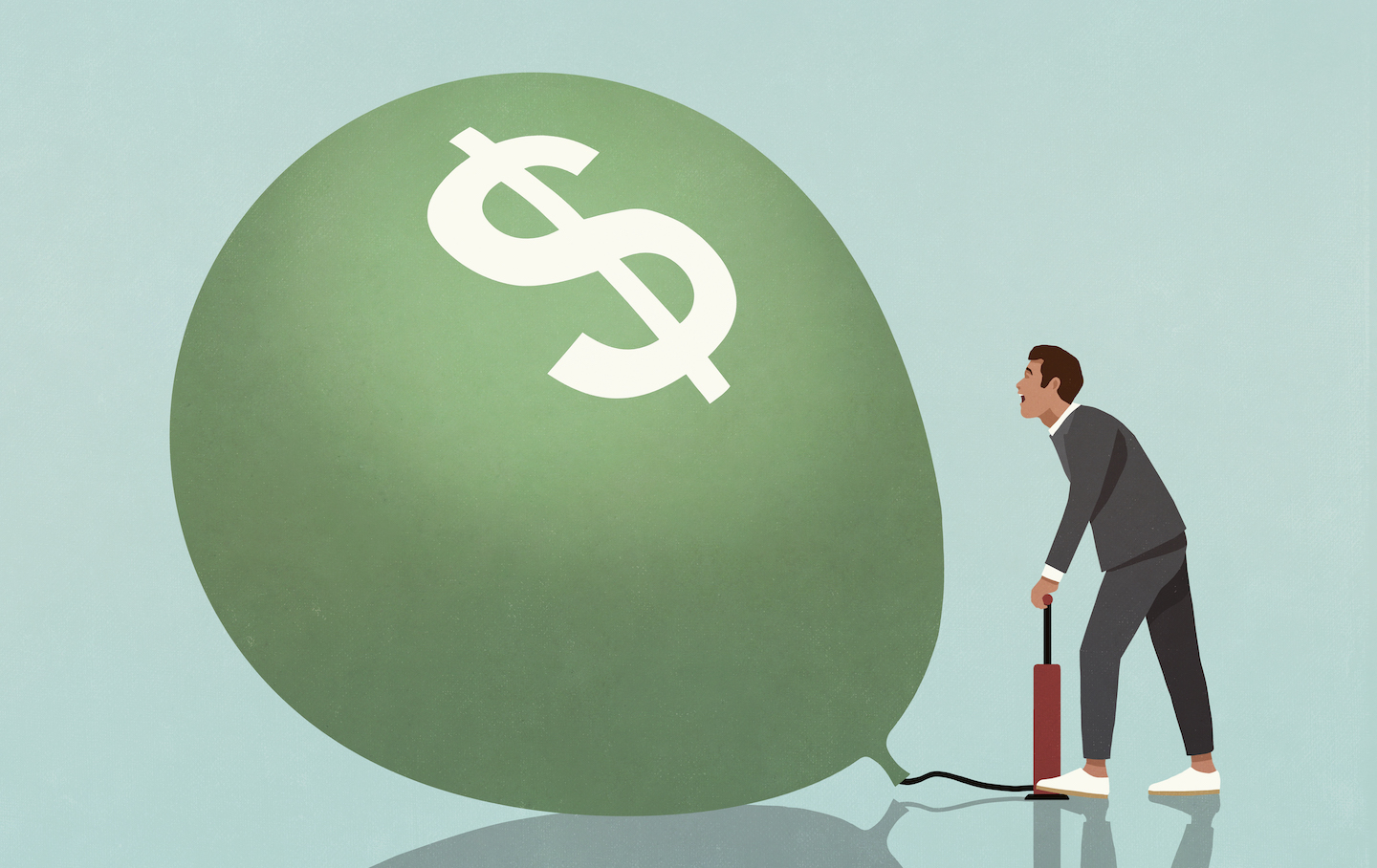How a state bank could challenge payday lenders
Earlier in the pandemic, West Coast states led the way in providing financial assistance to marginalized populations excluded from federal stimulus and relief plans. In Washington, Governor Jay Inslee Made $ 40 Million helping undocumented families. Oregon has implemented the Oregon Workers Relief Fund to alleviate the financial burden of the unemployed and undocumented workers. And the state government of California cooperated with private philanthropists to channel hundreds of millions of dollars in aid to those without legal status. Cities like Los Angeles have also set up their own programs to provide money to those destitute due to the pandemic.
Now California has taken small steps to rethinking the banking system thus, with the aim of providing access to basic financial resources to impoverished residents who historically have operated in an underground economy without access to legitimate services.
This week, Governor Gavin Newsom signed AB 1177, which sets up a commission to study the possibility for the State to create “CalAccounts”. These would function as a toll-free, federally insured banking system for low-income residents who might otherwise have to resort to payday loans, check cashing and other usurious practices.
If the commission finds the project feasible, California will establish a state bank to meet the needs of the more than 7 percent of its residents who do not have a bank account. The vast majority of these people are low income; indeed, in 2017, the FDIC reported that 27.3 percent of households in the state with incomes of less than $ 15,000 per year lived without access to bank accounts. In contrast, only one in 200 high-income households did not use the banks.
It is important. Historically, payday lenders have preyed on poor residents by charging monthly fees that, in practice, can quickly amount to the equivalent of an annual interest rate of several hundred percent. In California, these loans are limited to one month, but the maximum fees allowed are capped at the equivalent of what would be 460 percent interest per year if the loan was for a full year. A person with good credit, on the other hand, can currently benefit from mortgage rates of 2.7%, set for 30 years.
Obviously, the creation of a state bank will not in itself prevent poor Californians from turning to payday lenders when they need an injection of money. After all, the state bank, while providing checking and savings services, will not necessarily lend small amounts of money for short periods of time. That said, once a person is in the banking system, it becomes easier for them to manage money, maybe save money, or even negotiate overdraft terms with the bank that don’t include not interest levels equivalent to highway robbery. Over time, the presence of a state bank should at least reduce the stranglehold that payday lenders have over many poor communities.
Moreover, simply denying the need for poor residents to visit check-cashing facilities will save them large sums of money throughout their lives. In California, these services typically charge 3 to 3.5 percent of the value of a paycheck for cashing it, and a whopping 12 percent on personal checks. For all intents and purposes, it is a huge tax on poverty.
In 2012, the Stanford Social Innovation Review reported that 60% of low-income neighborhoods in California did not have a bank in their vicinity. Surprisingly, according to the data generated by the Center for Responsible Lending after the 2008 financial crisis, low-income families sometimes paid as much as $ 2,000 a year for check cashing services, and Californians spent nearly half a billion dollars a year to pay payday loan fees. Since then, data suggests that the payday lending and check cashing industries have only grown.
If California does create a state bank after the commission’s report, it could fundamentally shift the balance of power between consumers and the state’s predatory lenders. For too long, being poor in America has meant that you pay much, much more to borrow money and cash checks than your better-off peers. It is a poverty trap that makes it increasingly difficult for the poor to lift themselves out of poverty. It is high time for lawmakers to explore ways to provide reliable and affordable banking services to the poor. California is finally doing just that.


Comments are closed.